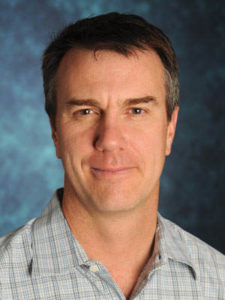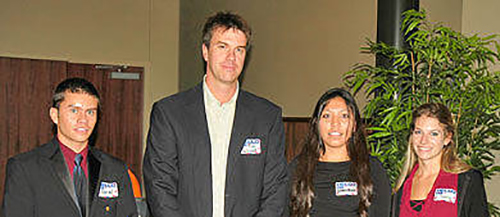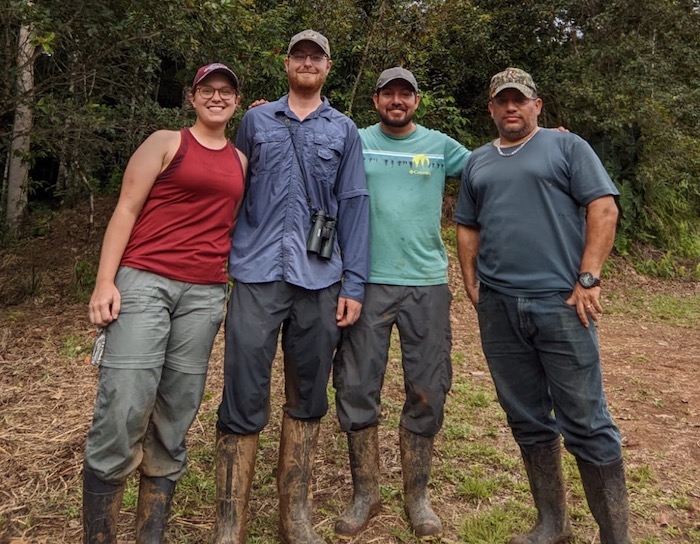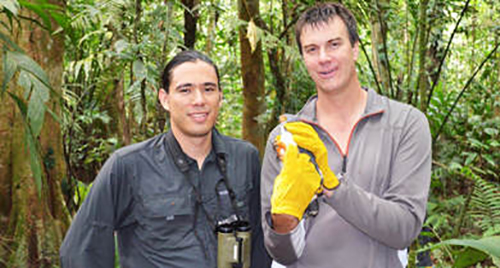 Timothy F. Wright
Timothy F. Wright
Department of Biology
New Mexico State University
(575) 646-1136
email
Joining the Lab
Previous slide
Next slide
Interested in Joining Our Lab?
The Wright lab welcomes trainees of all races, ethnicities, religions, cultural identities, sexual orientations and gender identities. Motivated, thoughtful, curious students with a deep-seated interest in animal communication and avian evolution are encouraged to contact Dr. Wright.
Postdocs
I currently do not have any funded postdoc positions open in the lab, but I welcome inquiries by students willing to explore external funding opportunities.
Graduate Students
I welcome inquiries from accomplished and motivated students ready to develop their own projects relating to my core areas of interest. Funding is available through TA positions in the Department of Biology, through the new USDA-funded Migration Biology Training Program, and through RA positions when funded by external grants. Current and past students have also received fellowship support from the EPA, CONACyT (Mexico), the Graduate School at NMSU, the HHMI Scientific Teaching Program at NMSU, and the Bureau of Land Management. Other possible source of funding include the NIH funded Research Initiative for Scientific Enhancement (RISE) program.
Undergraduates
I have had many undergraduates working in the lab and welcome inquiries from students interested in research experiences in animal behavior, neurobiology, and/or genetics. Most students begin as field or lab assistants for ongoing projects, either for pay or for research credits.
Many continue on to develop their own independent research projects. Please contact me if you are interested working in the lab. I also encourage students who are interested in research opportunities in my lab or others at NMSU to investigate the new USDA-funded Migration Biology Training Program, the NSF-funded New Mexico Alliance for Minority Participation (NM-AMP), the NIH funded Minority Access to Research Careers (MARC), Natural Resources Career Tracks Program, and the College of Arts and Sciences Discovery Scholars Program (DSP)



